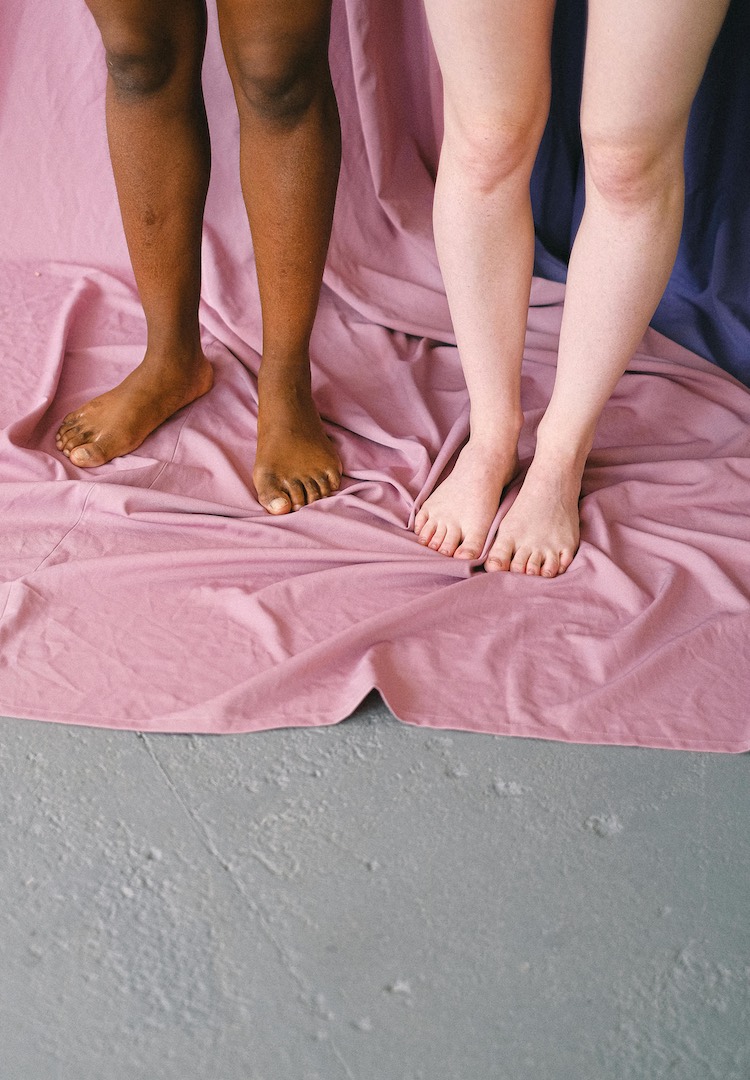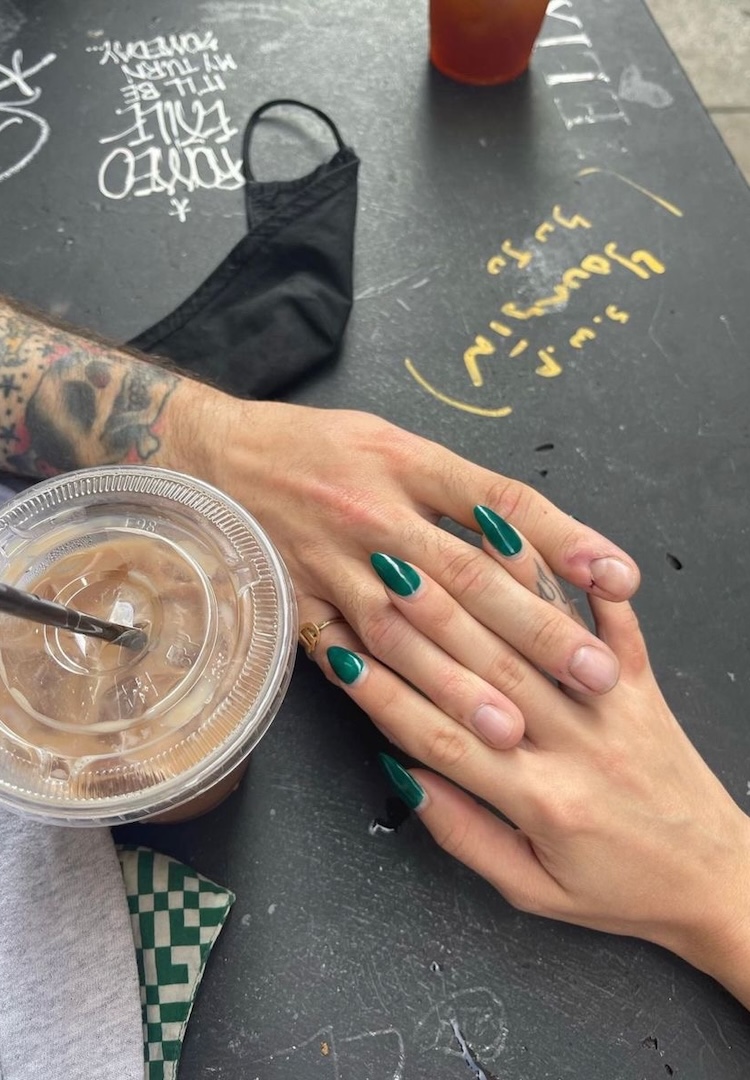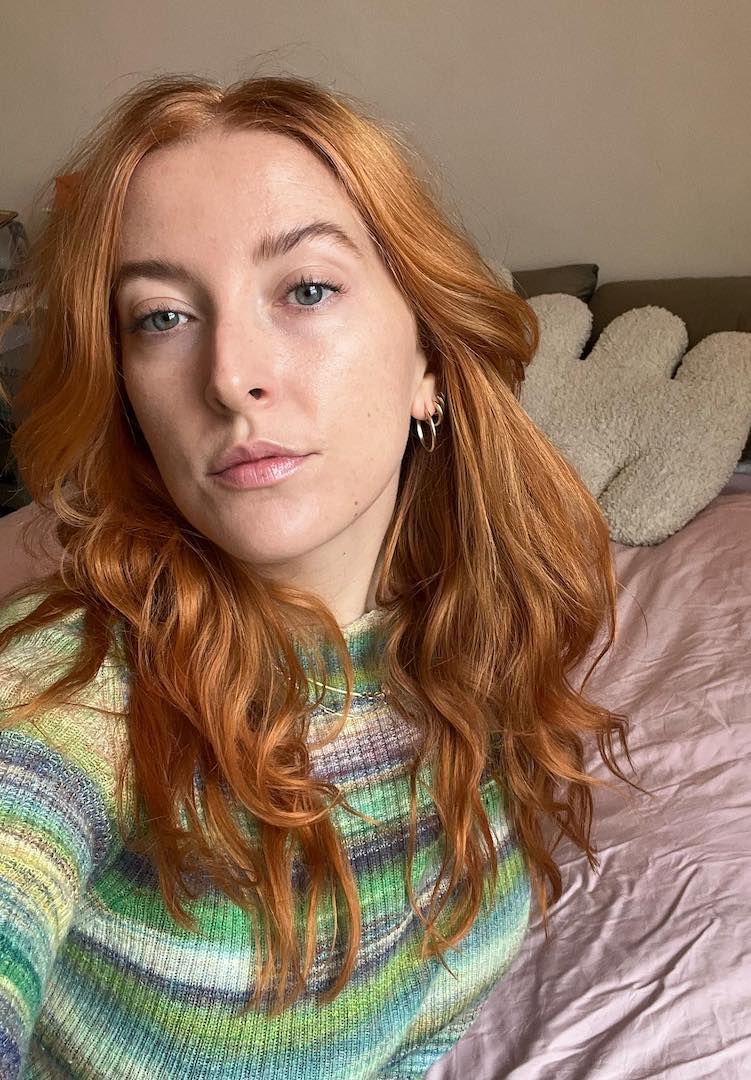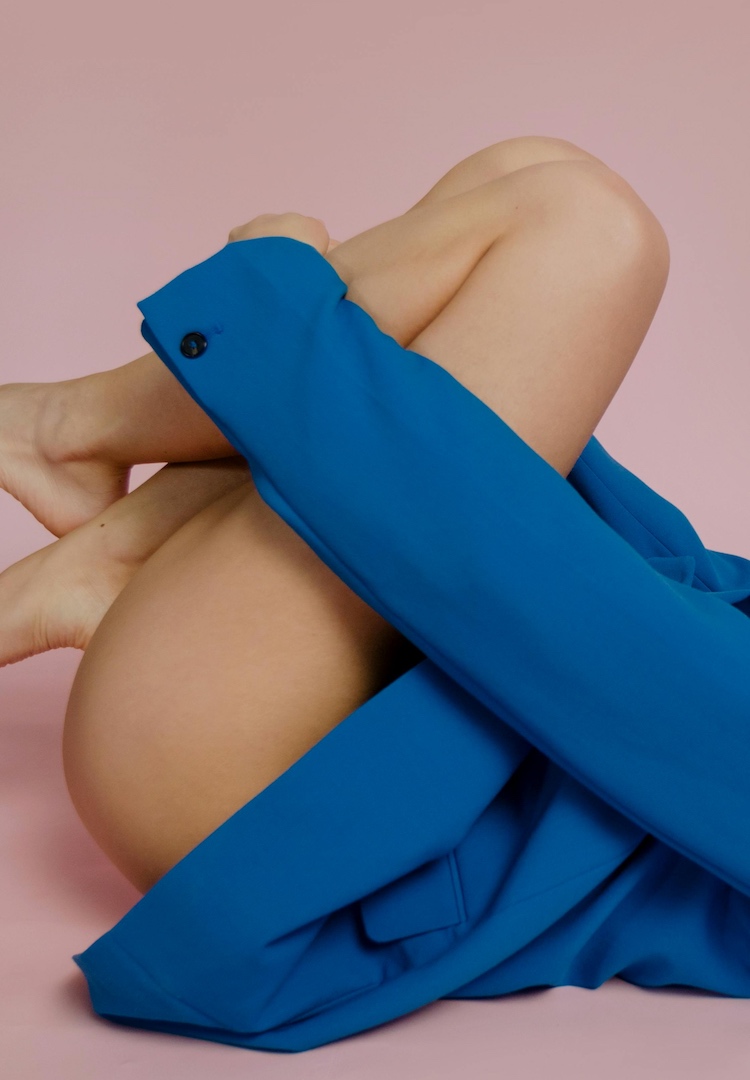How an Instagram post led me to my PMDD diagnosis
WORDS BY LEAH HULST
“My mind would spiral out of control… after countless different doctor’s appointments, I felt at a loss. That was until I opened my Instagram.”
The introduction of my period as a young woman was dismal to say the least. I was told to go on the pill at the age of 14 as it would help with PMS, cramping and I could even skip my period – how glorious! Years later, at the age of 30, I only now feel as though I’m coming to understand the different complexities of the female body and its hormones.
As I came off contraception around the age of 25, I noticed my mental health began to deteriorate, particularly leading up to my period. My mind would spiral out of control, my temper would go from zero to 100 and my body would feel swollen and puffy. After countless different doctor’s appointments, I felt at a loss. That was until I opened Instagram.
We like nosy people. Don’t be shy, head to our Life section for more.
It was one of those standard workdays days which seemed to drag on, and I found myself in a scroll hole. Clicking and tapping my way through the app, I ended up on one of my favourite influencer’s page, the Australian sexologist Chantelle Otten.
Her post was about premenstrual dysphoric disorder (PMDD) and how debilitating the rather unknown disorder can be for women. ‘What is PMDD?’ I thought. Her post read: “PMDD is a chronic medical condition that can be devastating for a woman’s life, impacting her work, friendships and relationships. Yet even women living with the condition can be in the dark, many believing they are suffering mental illness such as depression or anxiety.
“As the mental symptoms of PMDD can include feelings of sadness or despair, tension and anxiety, panic attacks, mood swings, frequent crying, irritability and anger towards others, fogginess in thought processes and lack of interest in usual activities and relationships, it’s no wonder women have said it felt like they were going mad!”
Chantelle then later went onto her Instagram Stories to explain her own personal experience with the disorder, how it affects her and what she does to treat it. Before seeing Chantelle’s posts, I had never heard of PMDD. I was relieved to know that what I was experiencing wasn’t all in my head – it was a genuine disorder and there was help available.
For years, I always believed it was something women just had to deal with. I feared I was falling into the ‘hysterical woman’ category by complaining about my symptoms. But from further research into the different PMDD symptoms, I realised I experienced all the main ones:
• Anger or irritability
• Anxiety and panic attacks
• Depression and suicidal thoughts
• Difficulty concentrating
• Fatigue and low energy
• Food cravings and binge eating
• Headaches
• Insomnia
• Mood swings
After discussing my symptoms with my doctor and psychologist, I was formally diagnosed with PMDD, but there wasn’t much of a conversation about treating the disorder. I decided to seek further advice from a naturopath, who provided me with supplements which have helped to regulate the symptoms of my PMDD.
I understand there are different alternatives available for different people, including taking the pill, antidepressants and other supplements, but everybody is different and it’s of course recommended to seek medical diagnosis and treatment.
After several months of treatment, the difference in my moods and overall quality of life is night and day. I don’t remember the last time I felt this stable and in control of my emotions. For as long as I can remember, I’ve always felt frustration and resentment around my period and the impact it has on my mental and physical health.
Having the conversation opened up around PMDD, in large part thanks to influencers like Chantelle, has been life-changing. I now feel as though I have control over my life – I’m more understanding when I experience negative emotions and know how to manage my symptoms.
Unfortunately, there isn’t a great deal of knowledge or research into PMDD or the effects of women’s hormones on their mental health. But as the conversation continues to develop around these topics, so too does an understanding of these experiences many of us share.
If you’re experiencing PMDD symptoms– or any other mental health struggles – it’s crucial to discuss them and connect with others. You’re not alone in what you’re experiencing and there is help available.
This article was originally published on December 6, 2021.
For more on PMDD, try this.













